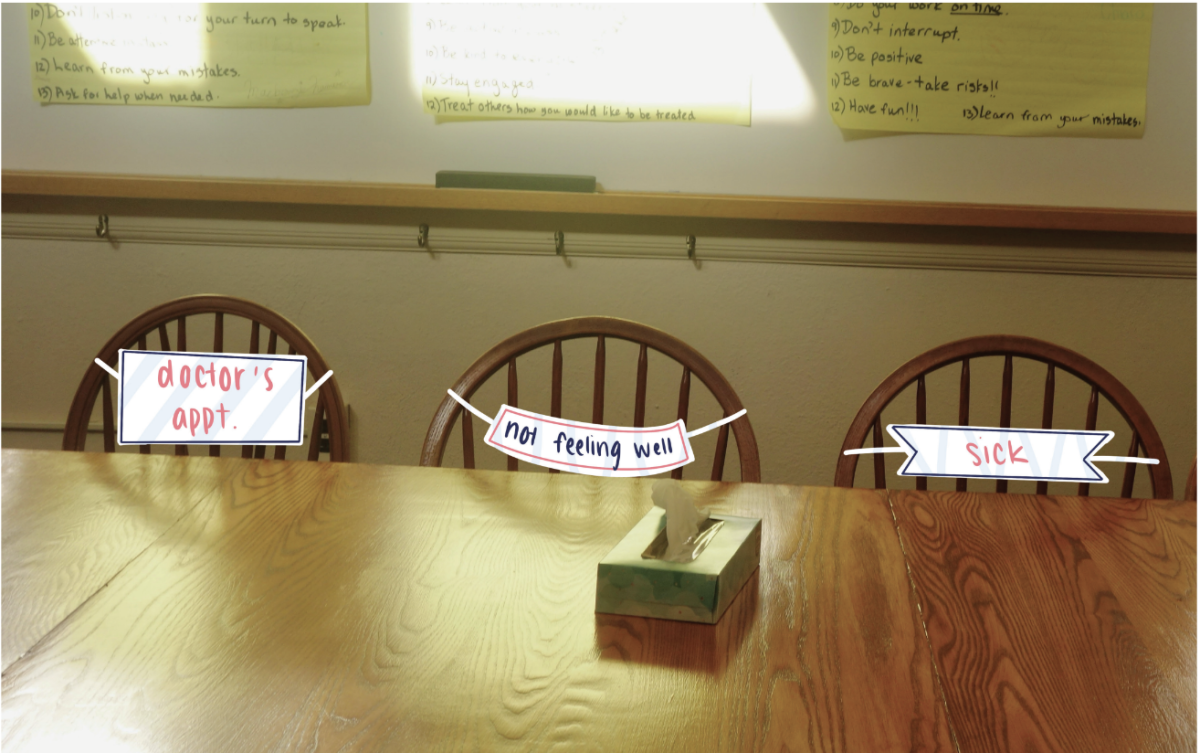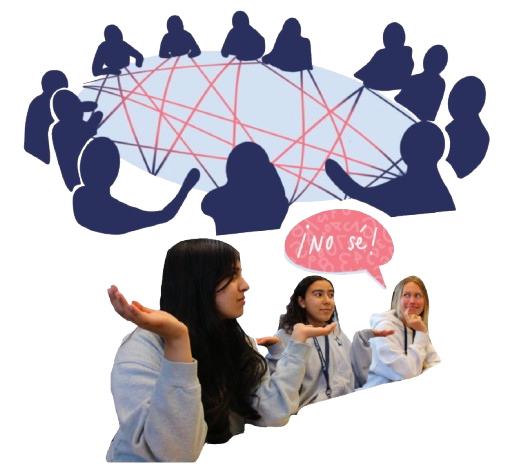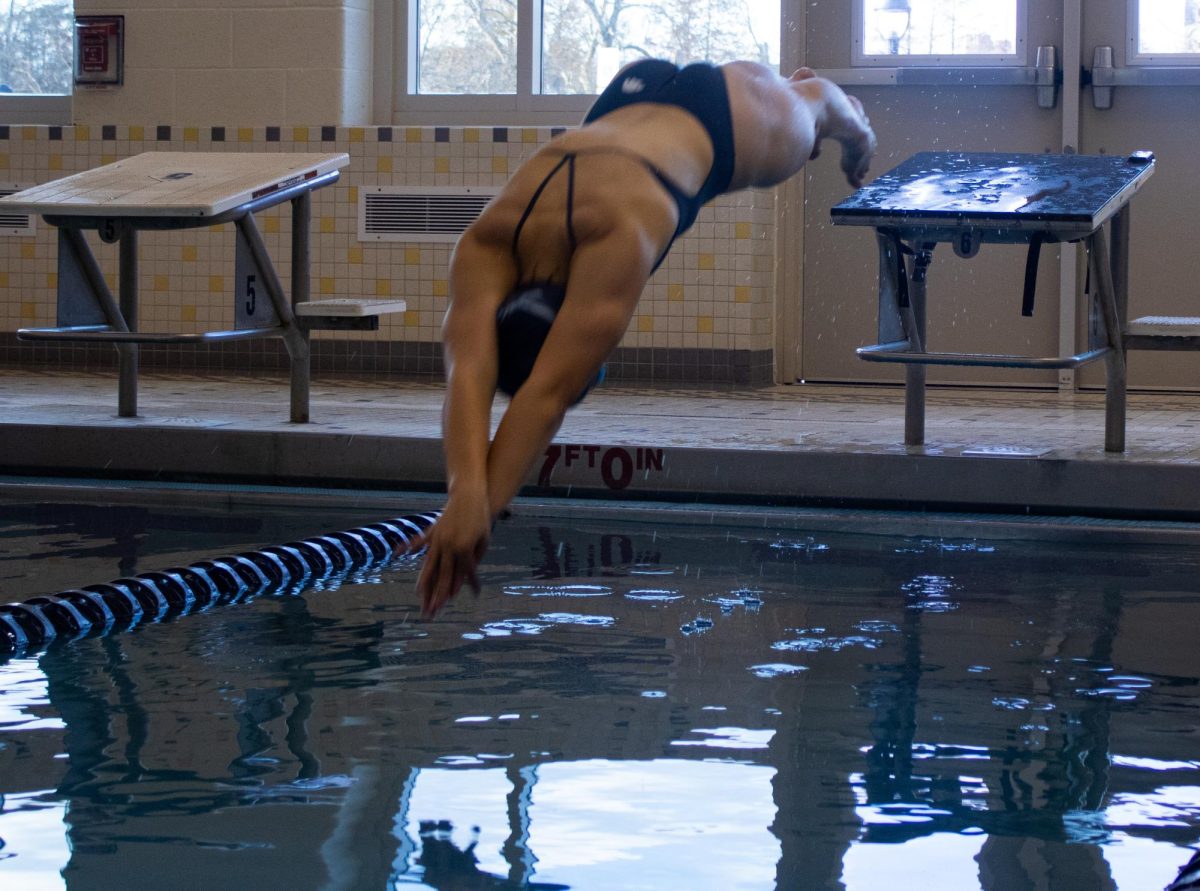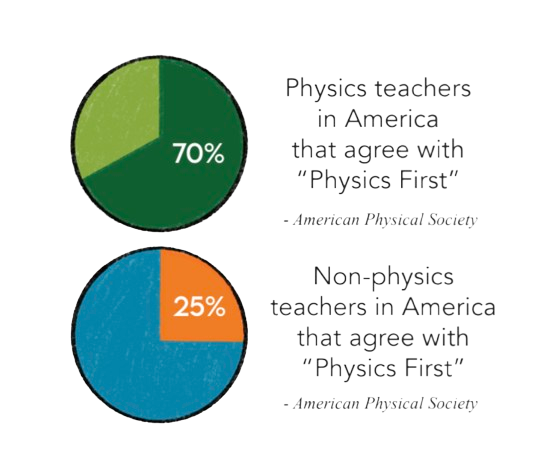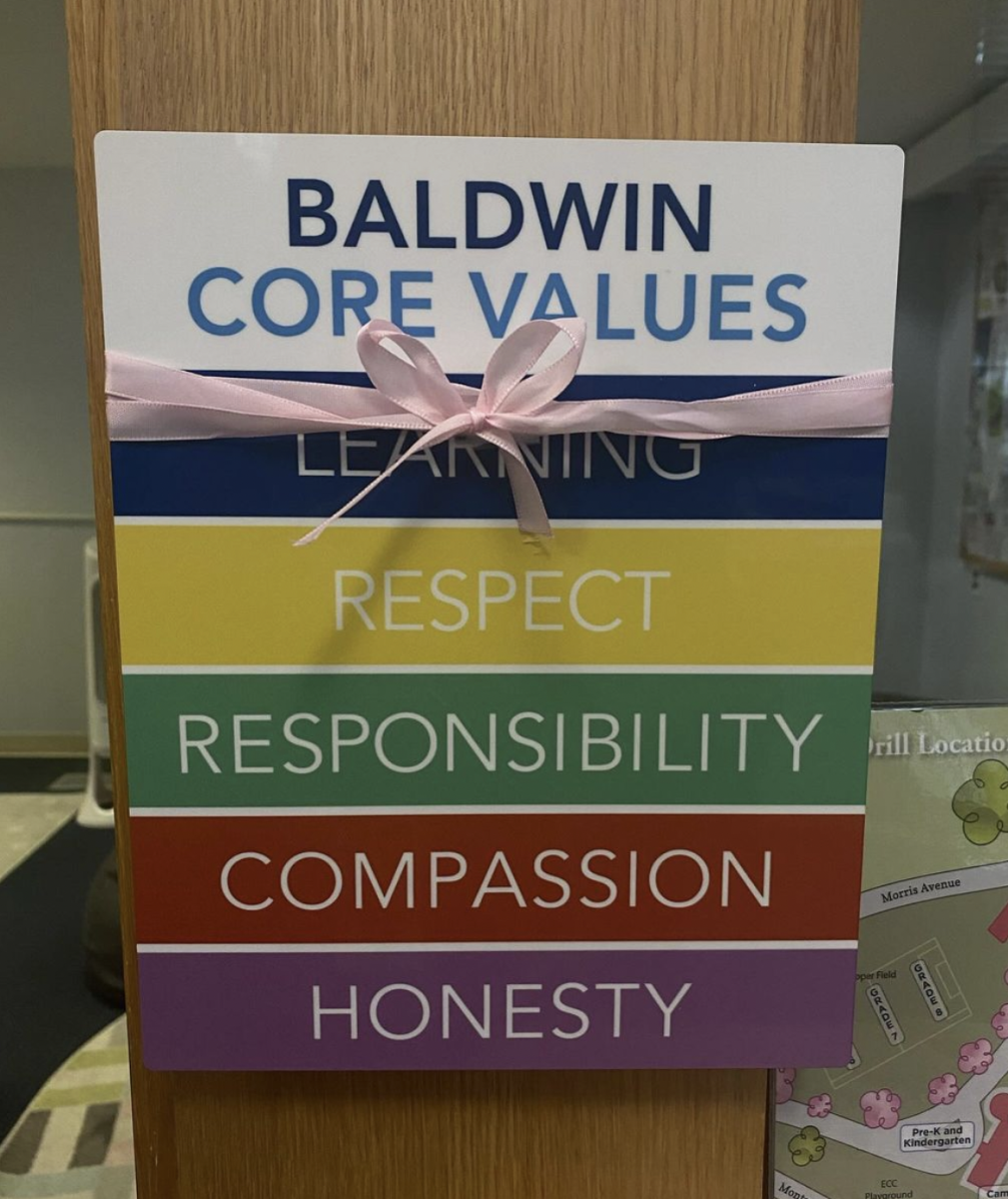
On November 6, 2024, Donald J. Trump became the president-elect. As with any new administration, the public can expect changes in education policy from the Trump presidency.
While the Baldwin School is an independent school, federal education policies still impact students’ learning and the standards set for private schools, and we exist in a community of both public and private schools.
According to Time Magazine, President Trump promised to dismantle the Department of Education on the campaign trail. The Department of Education, established in 1980 by President Jimmy Carter, enforces education laws and standards and designates financial aid. It also manages the Pell Grant program and the Public Service Loan Forgiveness program, which helps college graduates pay expensive student loans.
This does not mean that schools would have no oversight. President Trump, like many in the Republican party, believes that states should have control over public schools in their jurisdiction, not the federal government.
A major part of the Trump campaign was focused on expanding parental rights, or the rights parents have to their children. According to the Trump campaign website, Trump wants to adopt a Parental Bill of Rights, which would impact what students are able to learn in school regarding topics such as race and gender.
Amelia Skawinski ‘25 thinks that discussion of these topics is necessary in the classroom.
“I think it’s important to consider different perspectives when learning about different topics or events in the classroom because it’s important to be exposed to how different people might experience certain situations, but also to consider varying points of view from our classmates,” Skawinski said.
Other students, such as Eva Jiang ‘28, expressed concern about these topics taking up learning time.
“I think that sensitive topics, like race, shouldn’t be thoroughly discussed and taught in class because a lot of people believe that school is for learning knowledge, not talking about controversial topics that people may have contrasting opinions on,” Jiang said.
This movement has been frequently in the news, as more Republican states have adopted policies regarding it, such as book bans in individual school districts and policies limiting the discussion of sexual orientation and critical race theory in classrooms. The movement’s fundamental idea is that parents should know what their children are learning, especially if it goes against their personal beliefs. The Parental Bill of Rights would be a federal policy giving parents the right to approve what their children learn in school.
Title IX, which is a federal civil rights law that protects people from gender-based discrimination in federally funded schools, colleges, and education programs, will also be impacted under a Trump presidency. Under the Biden administration, lawmakers attempted to expand the law to protect LGBTQ+ students, but failed to pass nationally due to opposition from Republican lawmakers in 26 states. Under the Trump administration, it is unlikely that this addition will pass.
Additionally, according to CNN, during Trump’s first term, the Education Secretary announced new protections under Title IX for the accused perpetrators of sexual assault. These regulations narrow the definition of sexual assault, dissuading sexual assault victims from reporting what happened to them. President Biden revoked these policies, but it can be expected that they will be reenacted once President Trump’s second term starts.
As Baldwin is a licensed private academic school, it is regulated by the State Board of Private Academic Schools, and has to follow Title IX. Any changes to this law would directly affect the rights and protections of Baldwin students.
Lastly, President Trump has supported school choice, which allows a student’s public education funds to be transferred to pay for homeschooling or private school.
School choice would affect Baldwin as more families would have the opportunity to send their children to private schools, if they chose to. This would create an influx of applications to a school as competitive as Baldwin, and would most likely lower the acceptance rate of the school dramatically.
According to Education Weekly, researchers at Princeton University found that private school tuition rose when school choice policies were enacted in their state. In Iowa, for example, tuition rose for private schools by an average of 23%. This would affect current Baldwin families, who would need to pay much more money for the same education. The price of high school tuition at Baldwin for high school students is $43,900. If the tuition was increased by 23%, the price would be $53,997, which is over $10,000 more.
These changes will affect both the Baldwin community and the wider community in the area, so it is important to stay educated about education news.





